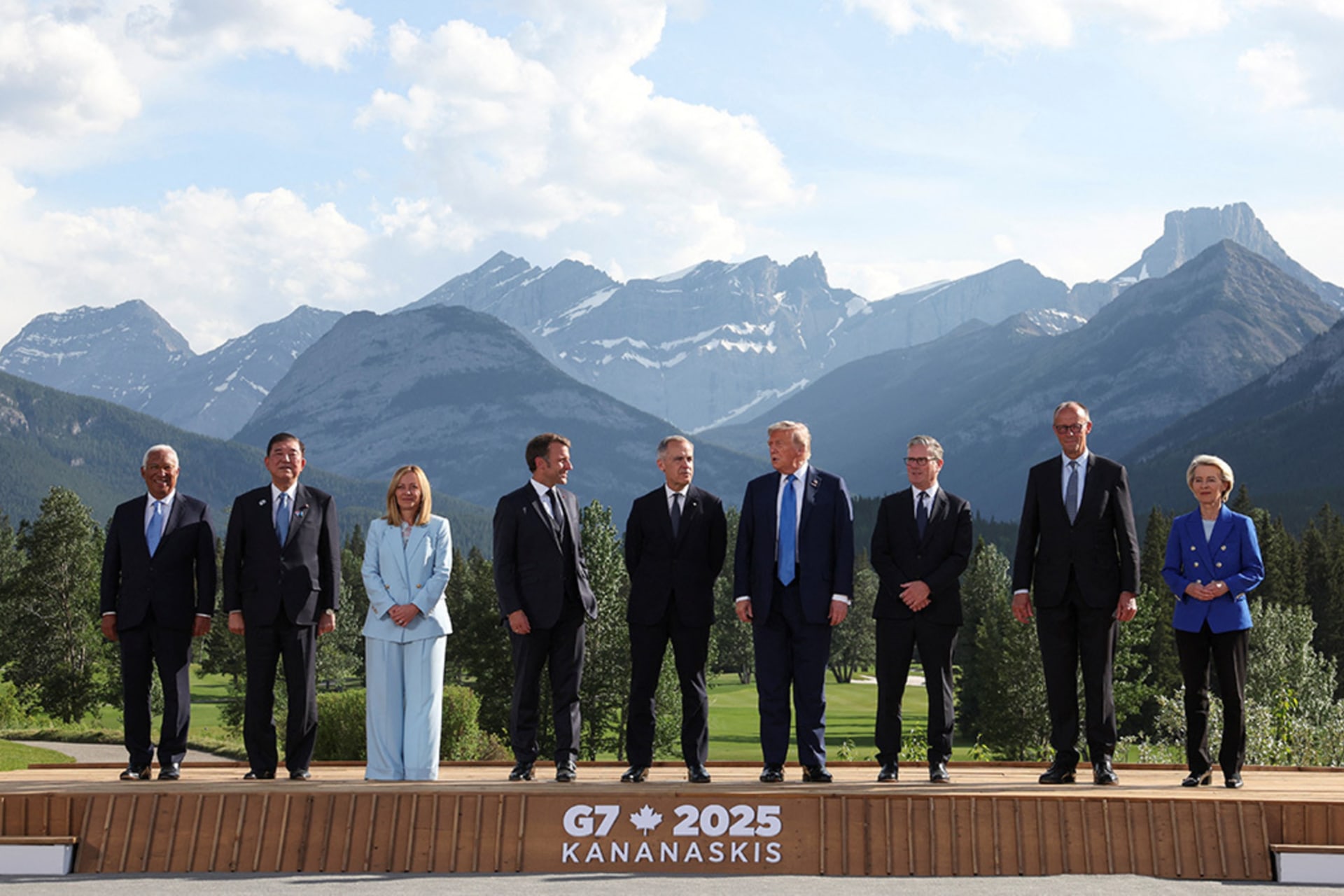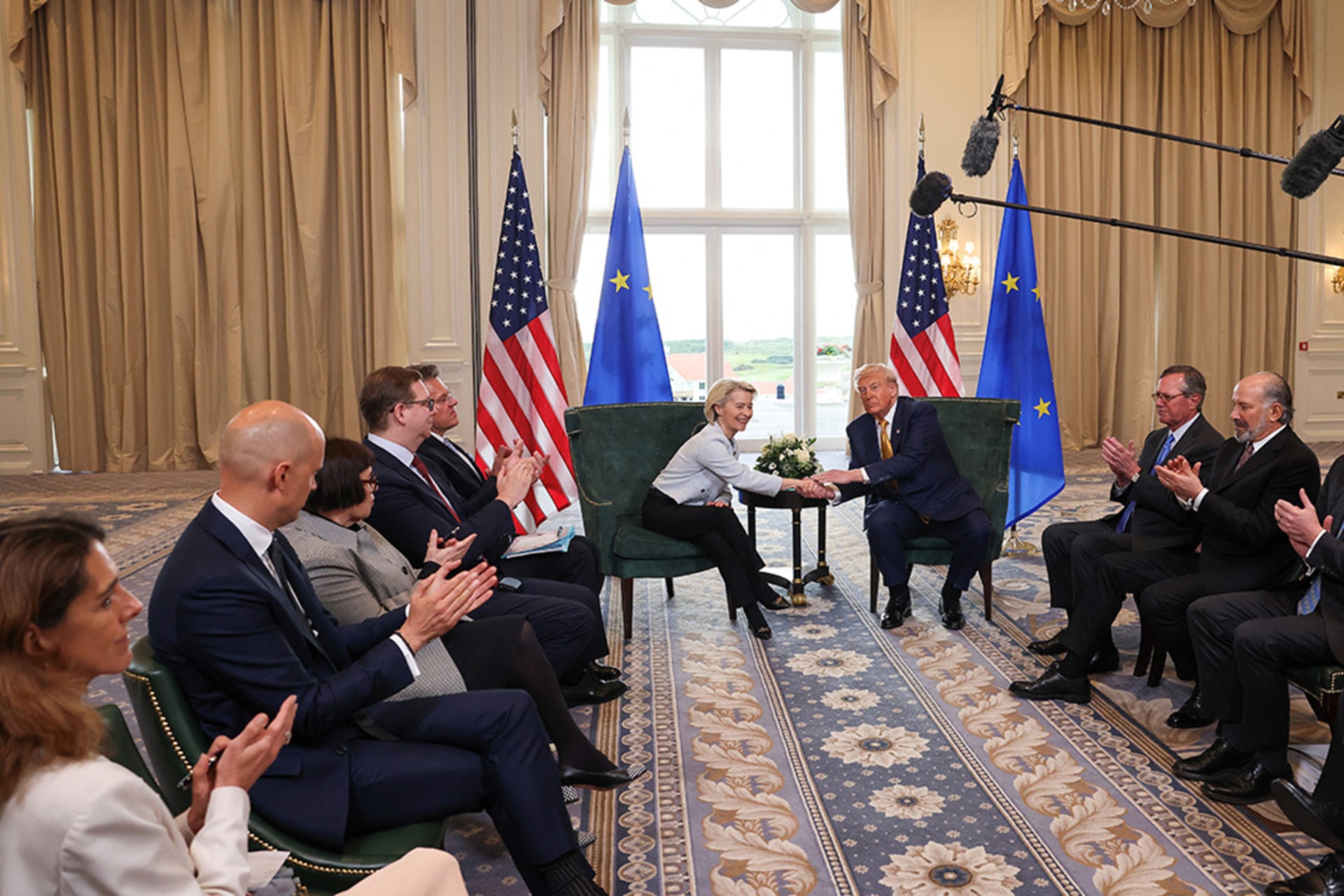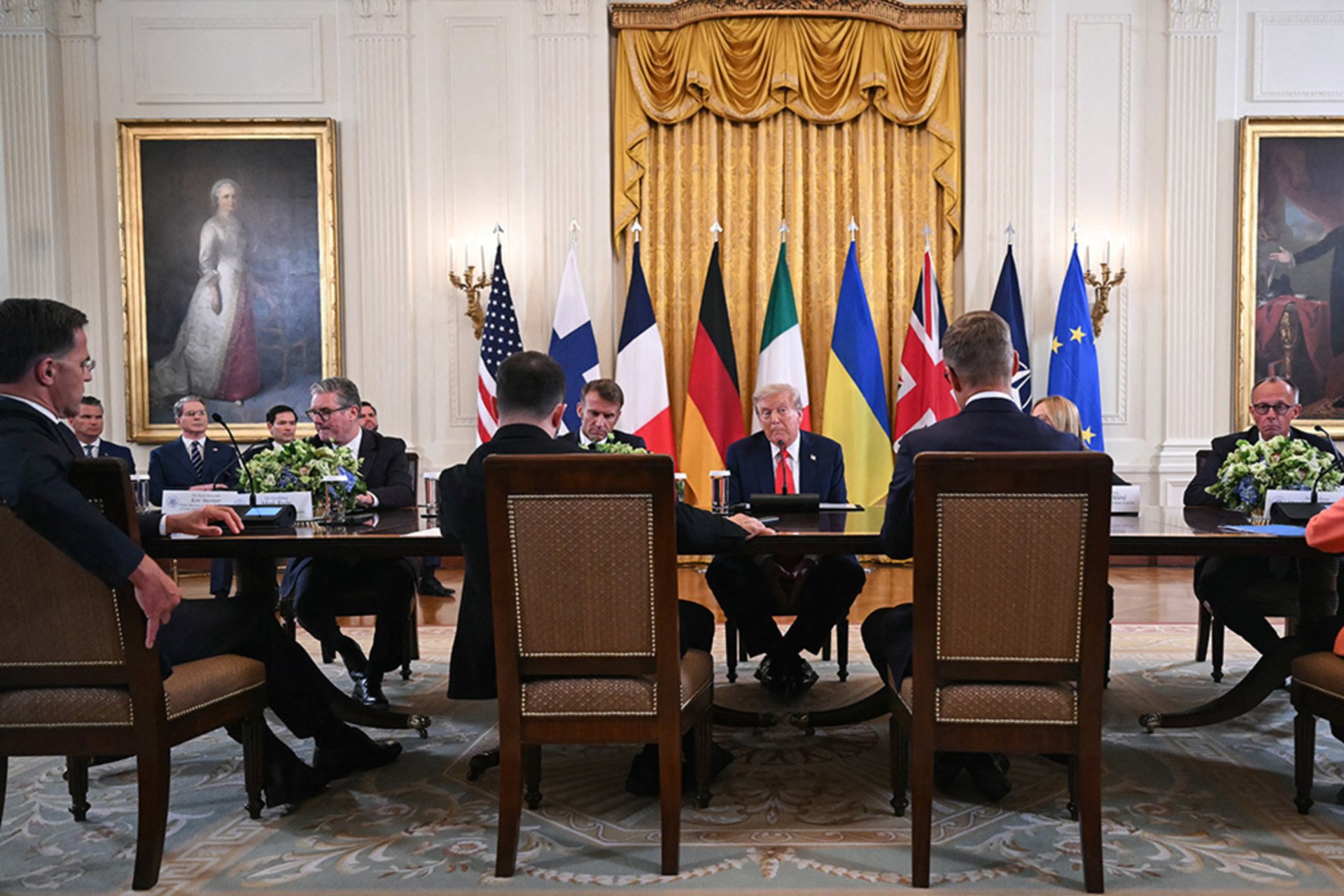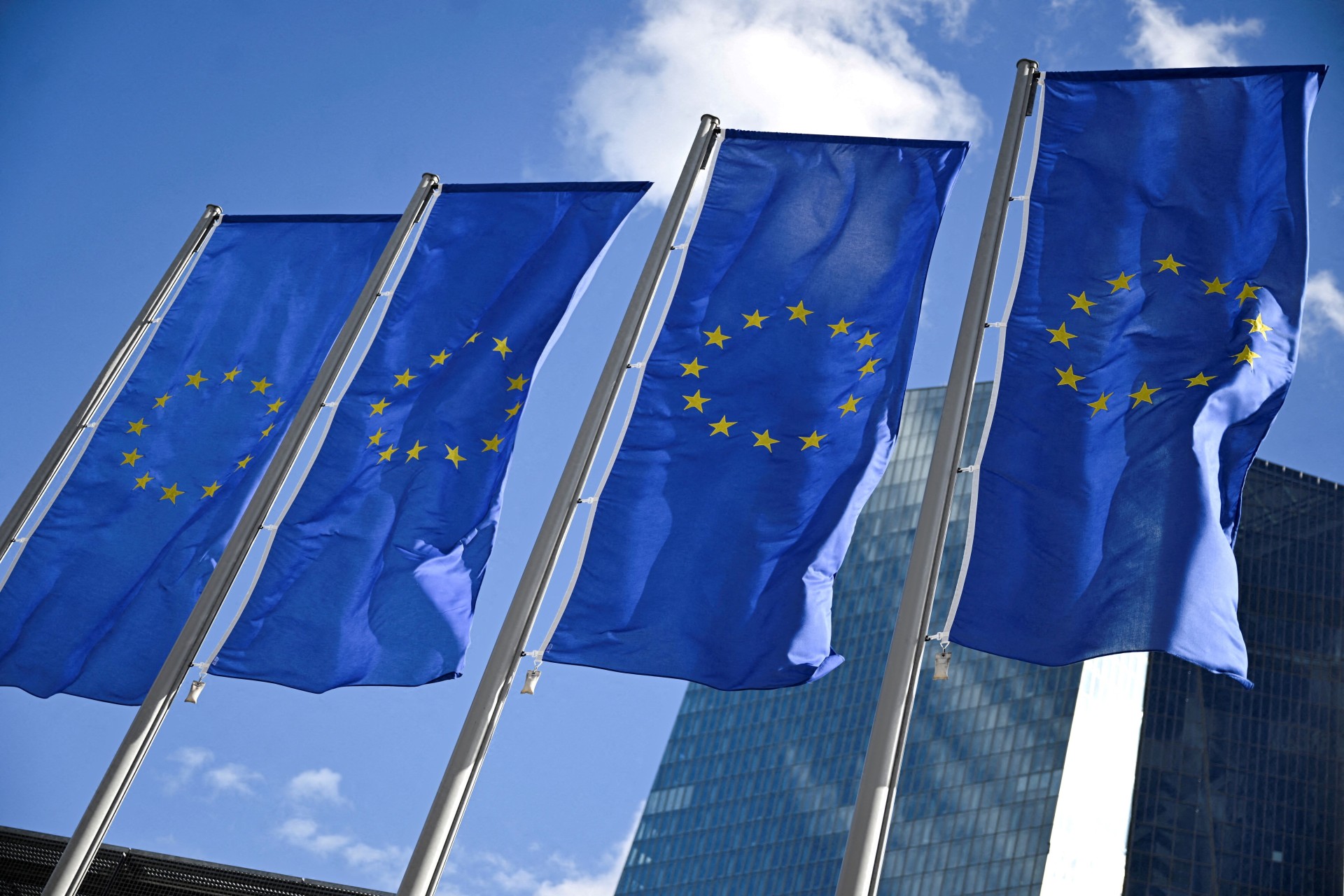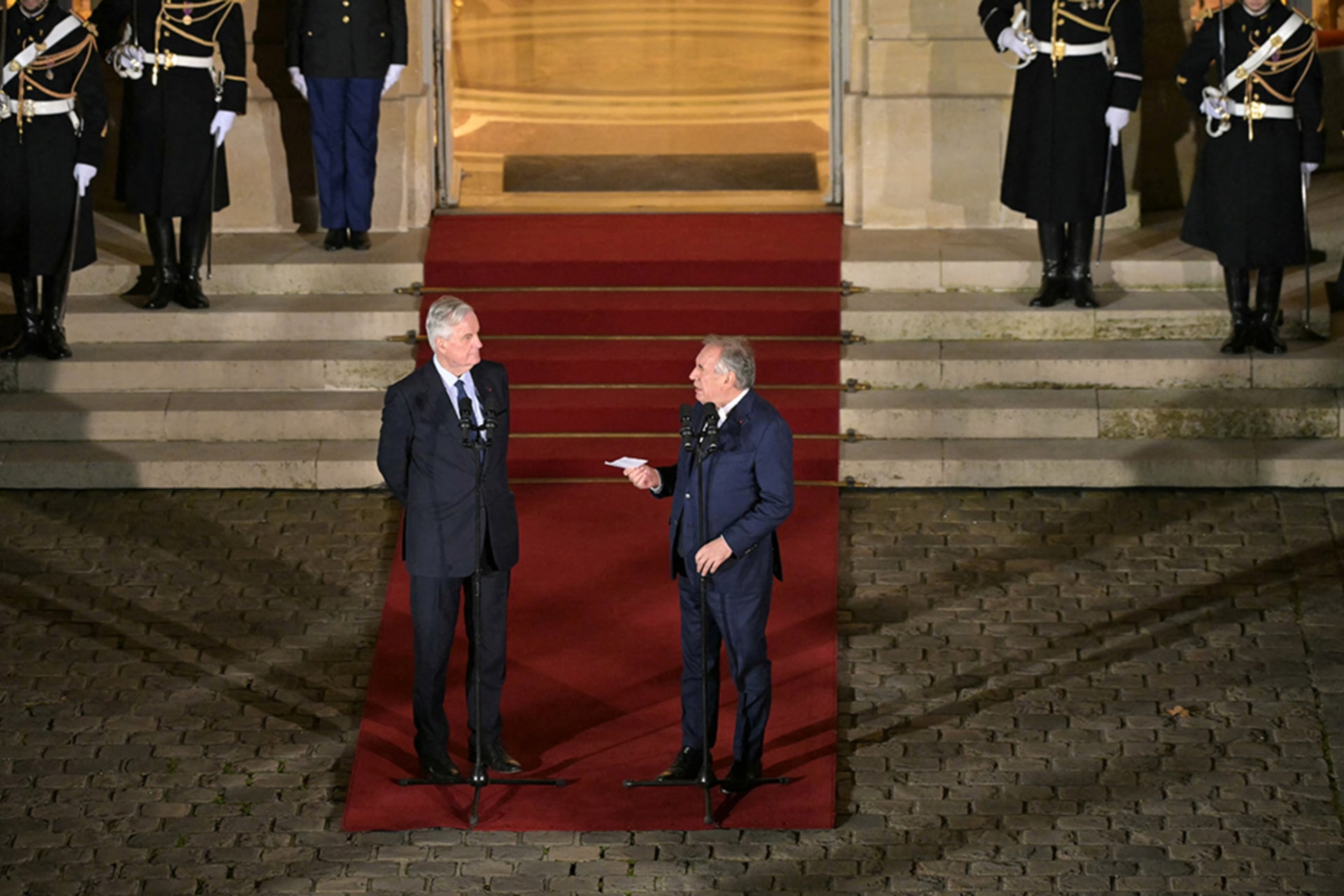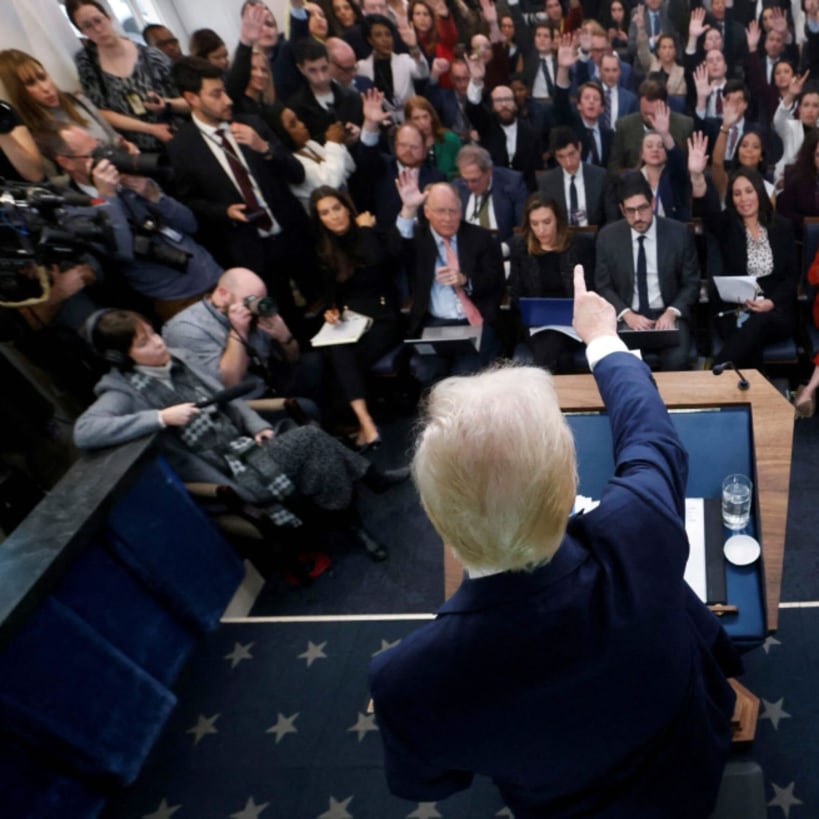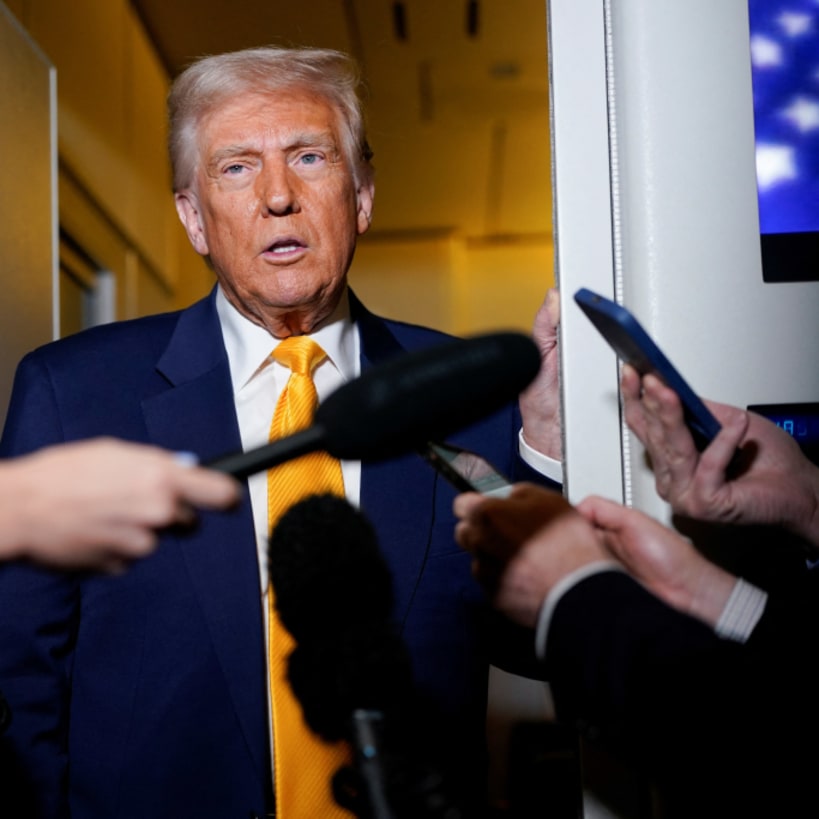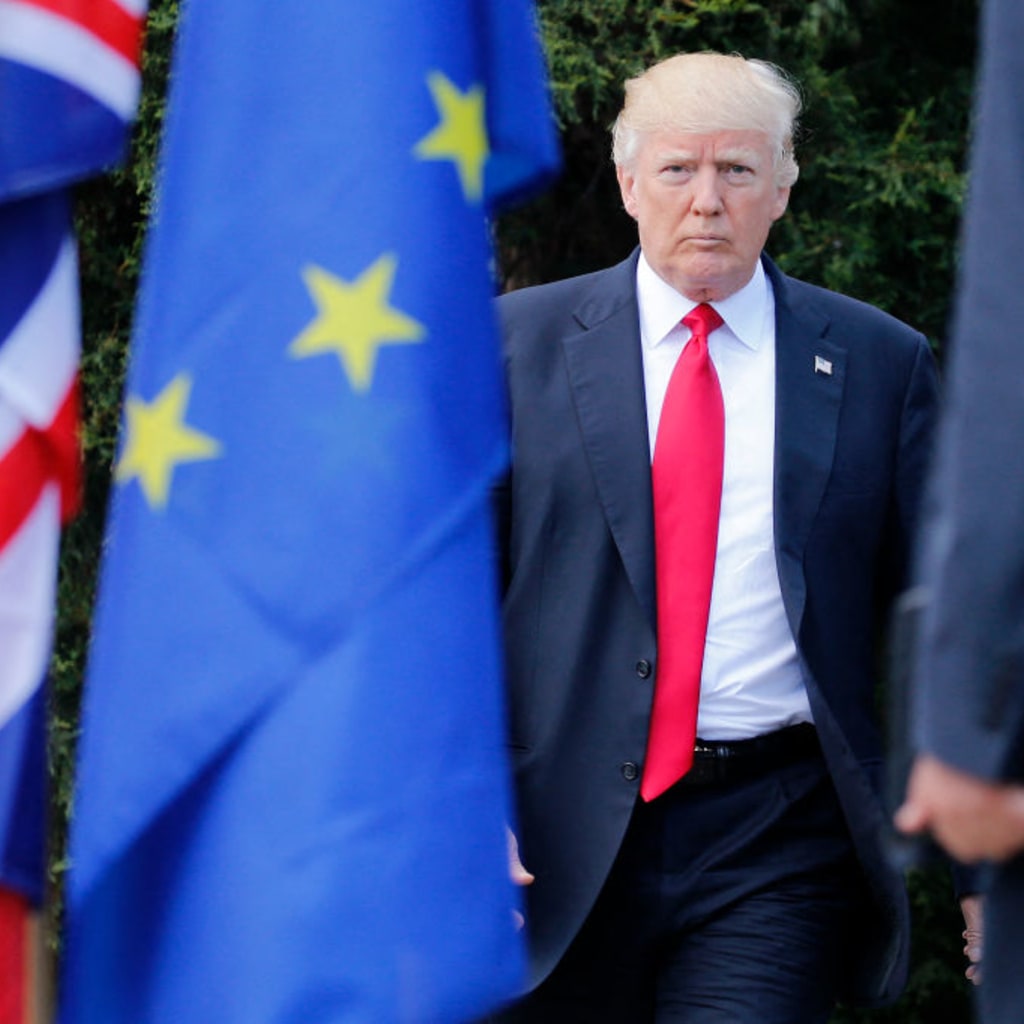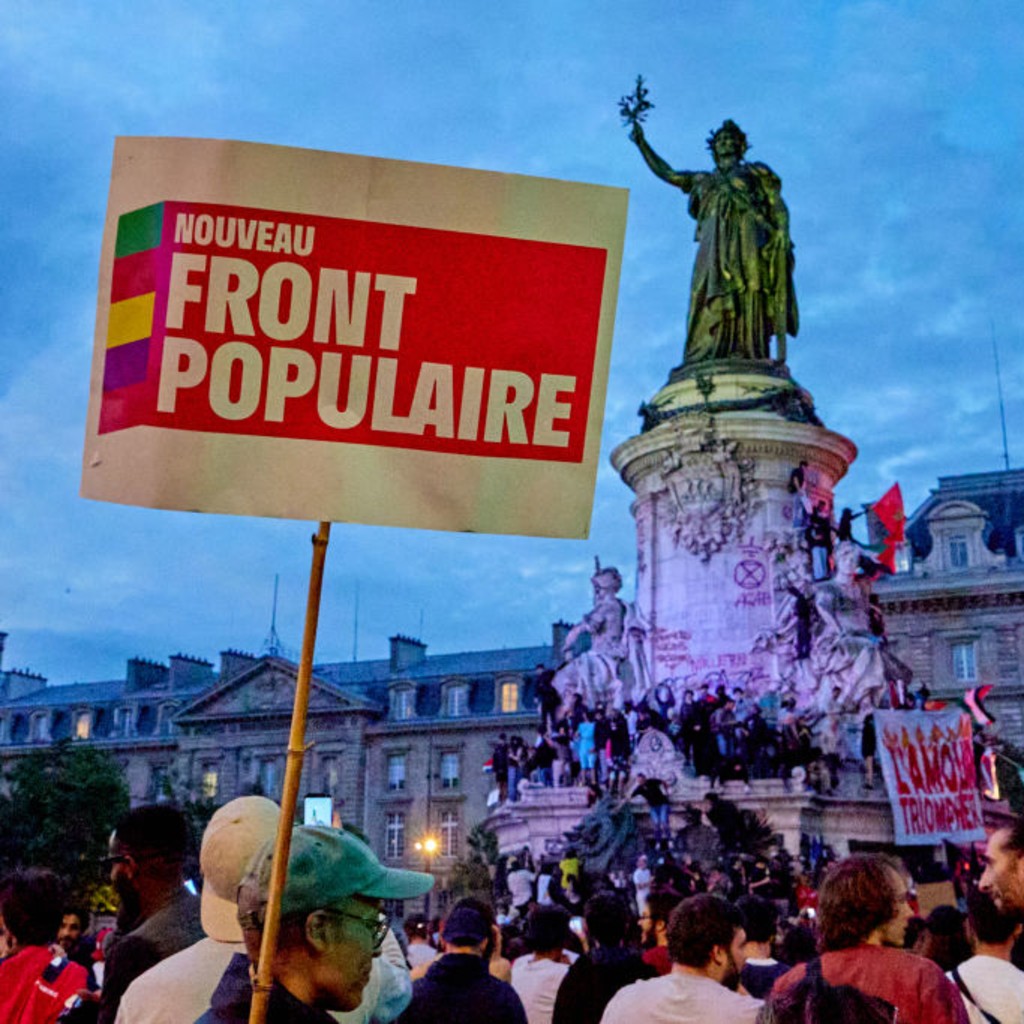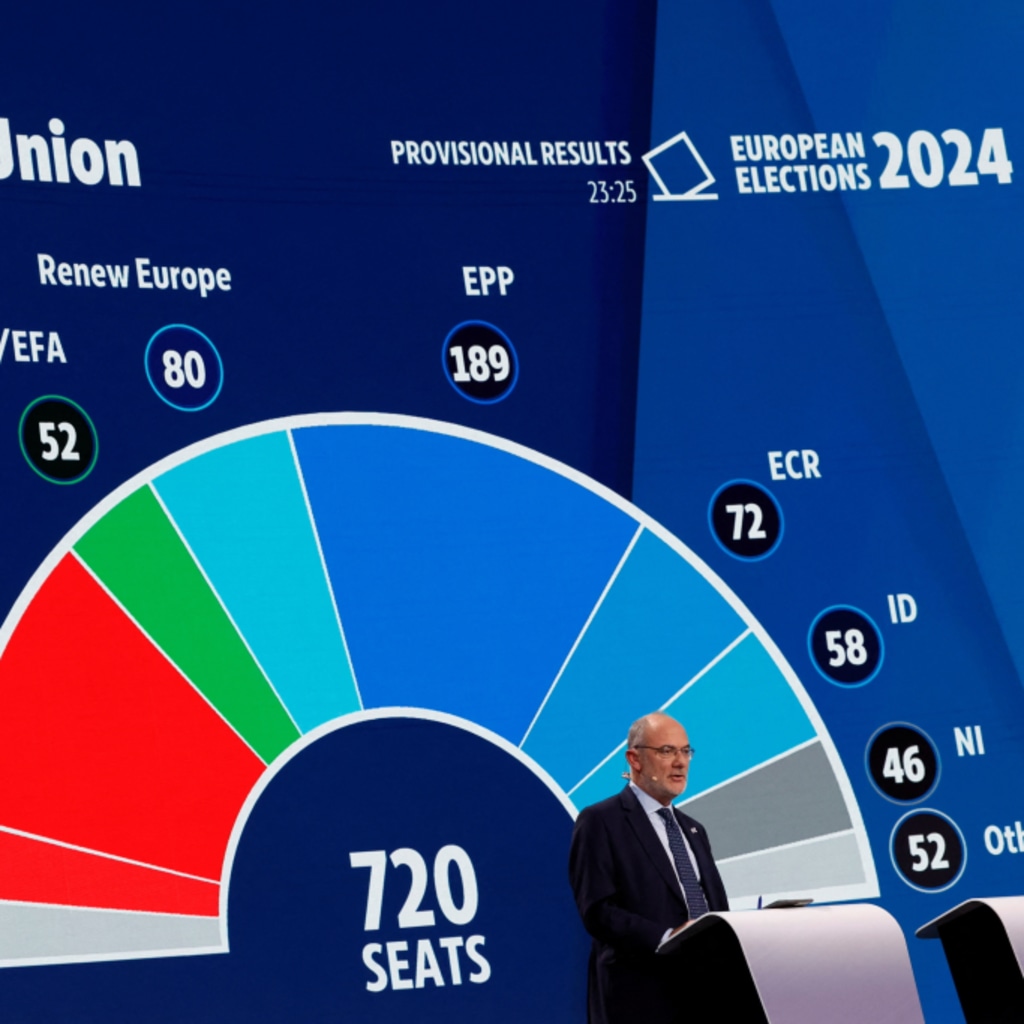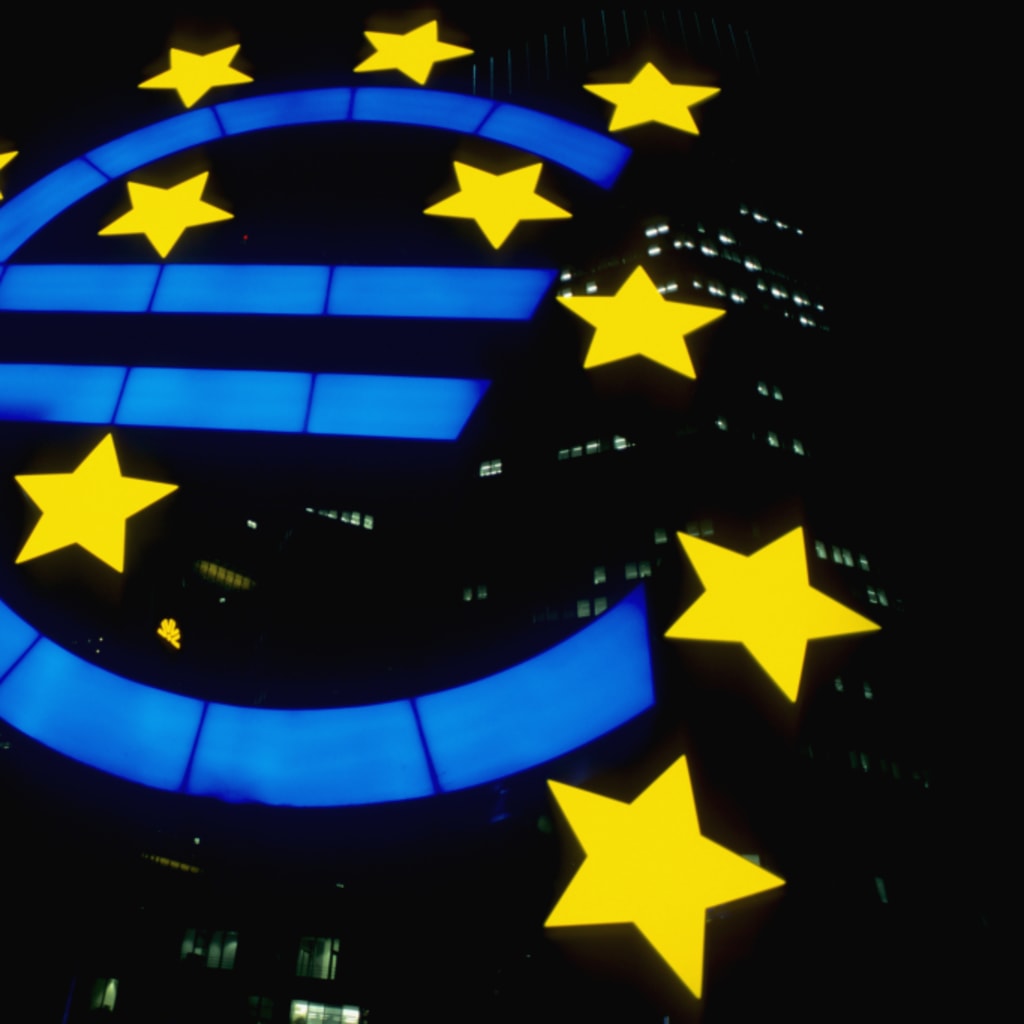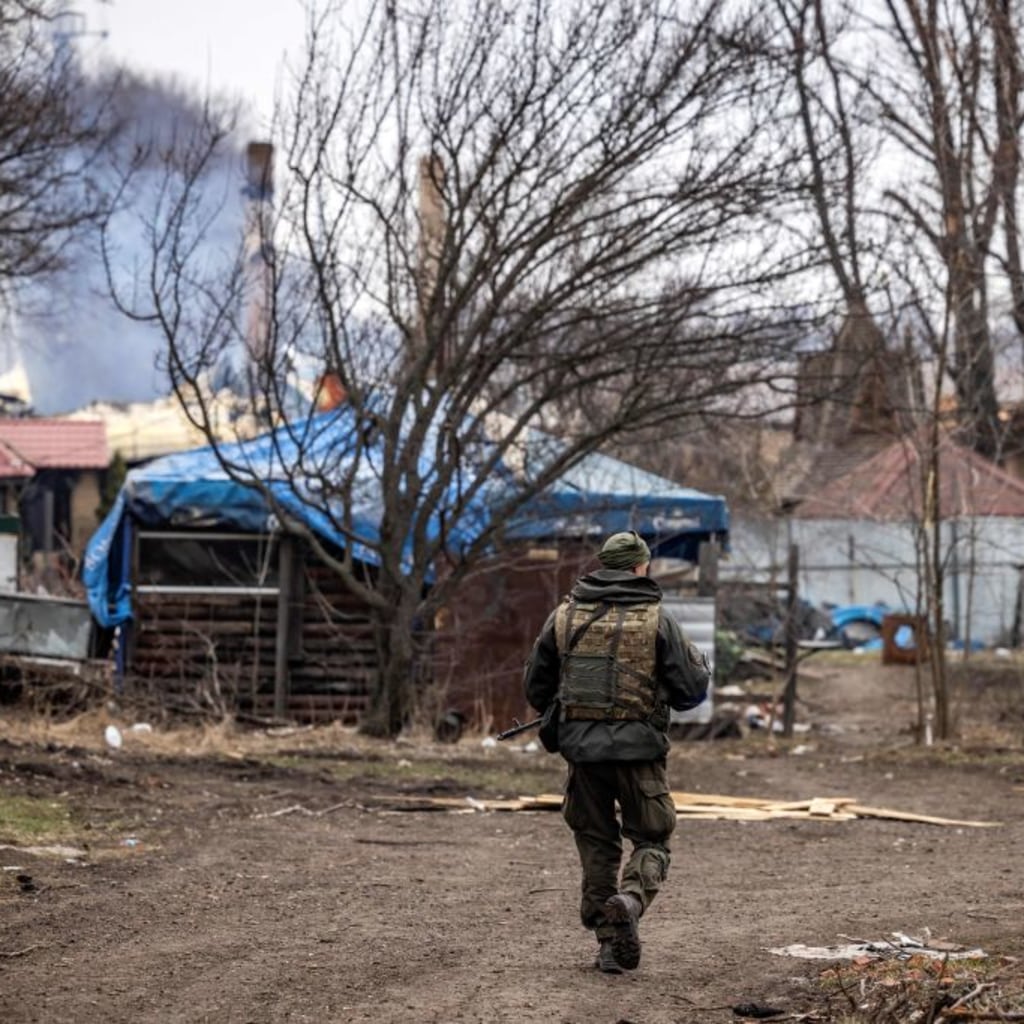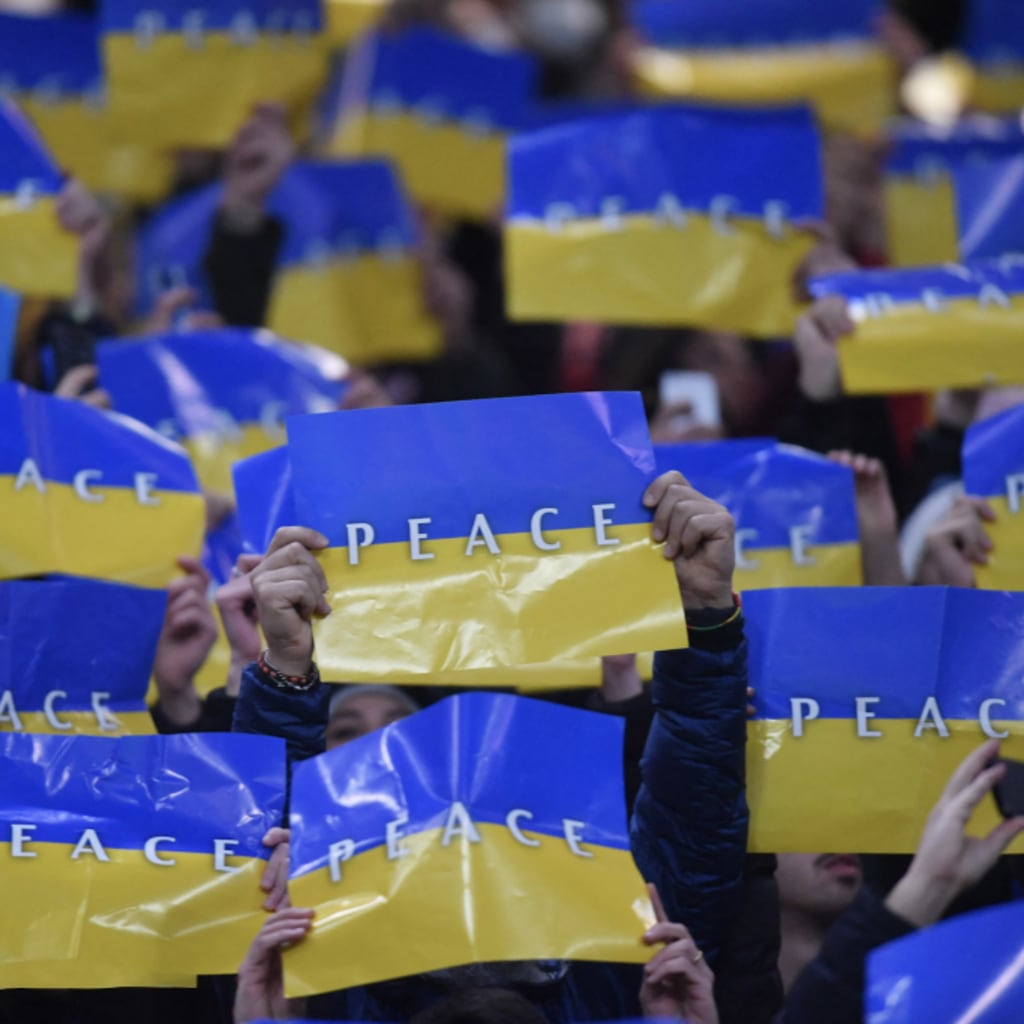
Matthias Matthijs is senior fellow for Europe at the Council on Foreign Relations and the Dean Acheson associate professor of international political economy at Johns Hopkins University’s School of Advanced International Studies (SAIS). He is an award-winning author and teacher, and an expert on European political economy, the politics of economic ideas, and regional integration. He also served as the chair of the executive committee of the European Union Studies Association from 2019 to 2021.
At SAIS, Matthijs teaches graduate courses in international relations, comparative politics, and international economics. He was an inaugural recipient of the Johns Hopkins Catalyst Award in recognition of his work as a promising early-career investigator. Also at SAIS, he was twice awarded the Max M. Fisher Prize for Excellence in Teaching. In 2018, he won the Best Paper Award from APSA’s European Politics and Society section.
From 2008 to 2010, Matthijs taught at American University’s School of International Service. He was a visiting assistant professor at SAIS Europe in Bologna, Italy, in spring 2010 and 2016–17. He previously served as a consultant for the Economist Intelligence Unit from 2009 to 2011 and for the World Bank’s Foreign Investment Advisory Service from 2005 to 2007.
Matthijs is editor, with Mark Blyth, of The Future of the Euro and author of Ideas and Economic Crises in Britain From Attlee to Blair (1945–2005). The latter is based on his doctoral dissertation, which received the Samuel H. Beer Prize for best dissertation in British politics by a North American scholar, awarded by the British Politics Group of the American Political Science Association (APSA). Matthijs is currently working on a book-length manuscript that examines the collapse of national elite consensus around European integration.
Matthijs is also the author of peer-reviewed articles published or forthcoming in journals such as Comparative European Politics; Governance; Government and Opposition; International Spectator; Journal of Common Market Studies; Journal of European Integration; Journal of European Public Policy; Perspectives on Politics; Politics and Society; and Review of International Political Economy. He has written articles and essays for Current History, Foreign Affairs, Foreign Policy, Journal of Democracy, and Survival, and is a frequent contributor to English and Dutch-language news media.
Matthijs received his BA in applied economics from the University of Antwerp, Belgium, and his MA and PhD in international relations from Johns Hopkins.
Affiliations
- De Tijd, columnist
- Johns Hopkins University, School of Advanced International Studies, associate professor
